-
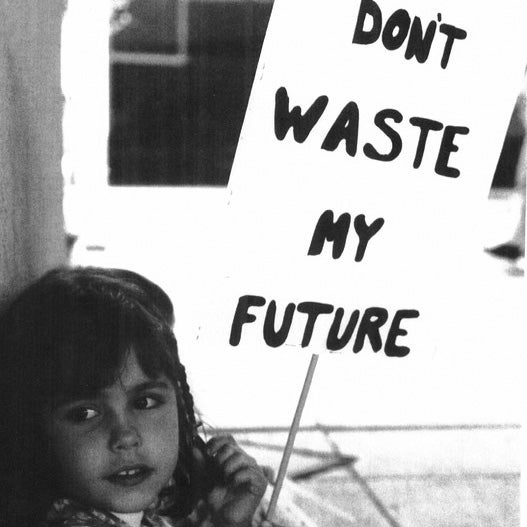
The Ecology Center: 50 Years of Education and Activism for Environmental Health and Justice
This website showcases stories of environmental activism, justice, and sustainability during the first fifty years of the Ann Arbor Ecology Center.
-

The Environmental Action for Survival (ENACT) Teach-In of 1970
This documentary film commemorates the fiftieth anniversaries of the ENACT Teach-In and the Earth Day movement.
-
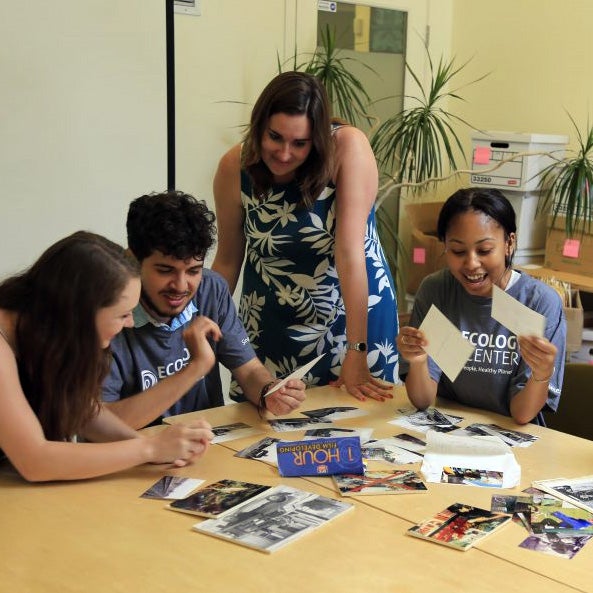
Environmental Justice Lab
The multiple components of the Environmental Justice Lab all feature collaborative student research to document the history of environmental activism, justice, and sustainability in Michigan and beyond.
-
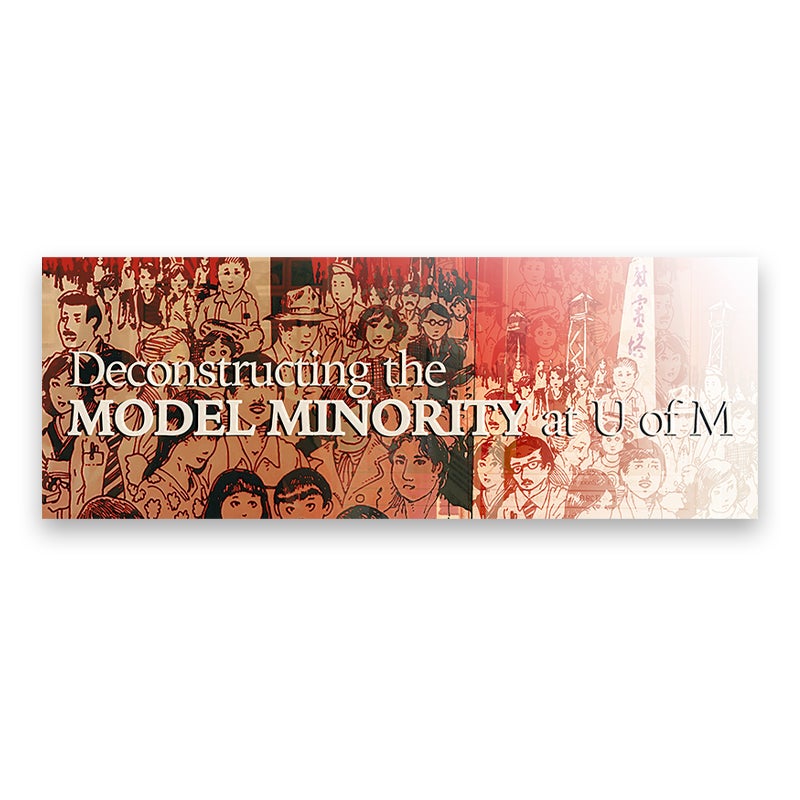
Looking for Asian Americans at U-M and in Michigan
This HistoryLab explores the two centuries of history and legacy of Asians, Asian-Americans, and the Pacific-Islanders in the state of Michigan, especially at the University of Michigan.
-
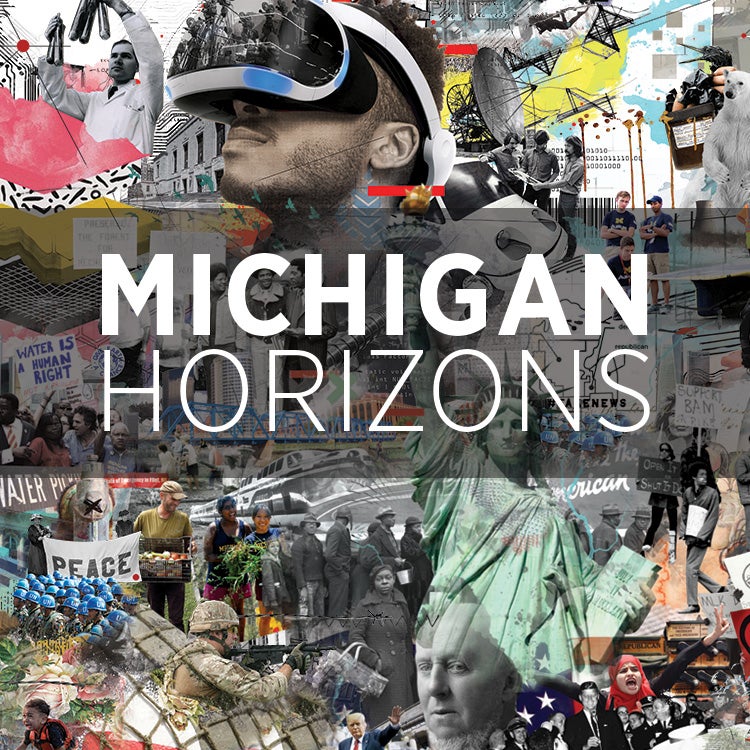
LSA Bicentennial Theme Semester: Michigan Horizons
Presented in conjunction with campus-wide events celebrating the university’s bicentennial in 2017, the Michigan Horizons theme semester focused on the university’s present and future.
-
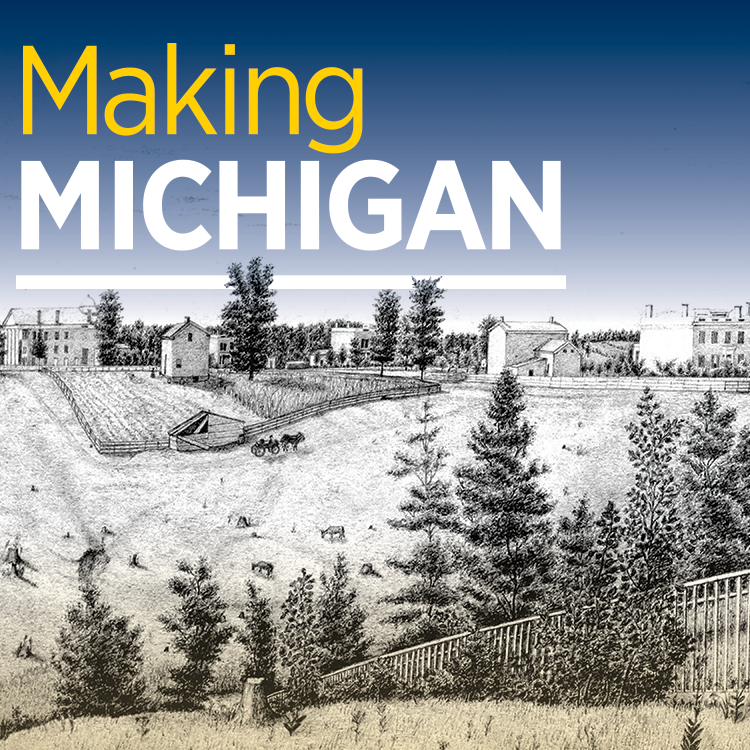
LSA Bicentennial Theme Semester: Making Michigan
Presented in conjunction with campus-wide events celebrating the university’s bicentennial in 2017, the Making Michigan theme semester focused on the university’s past and present.
-
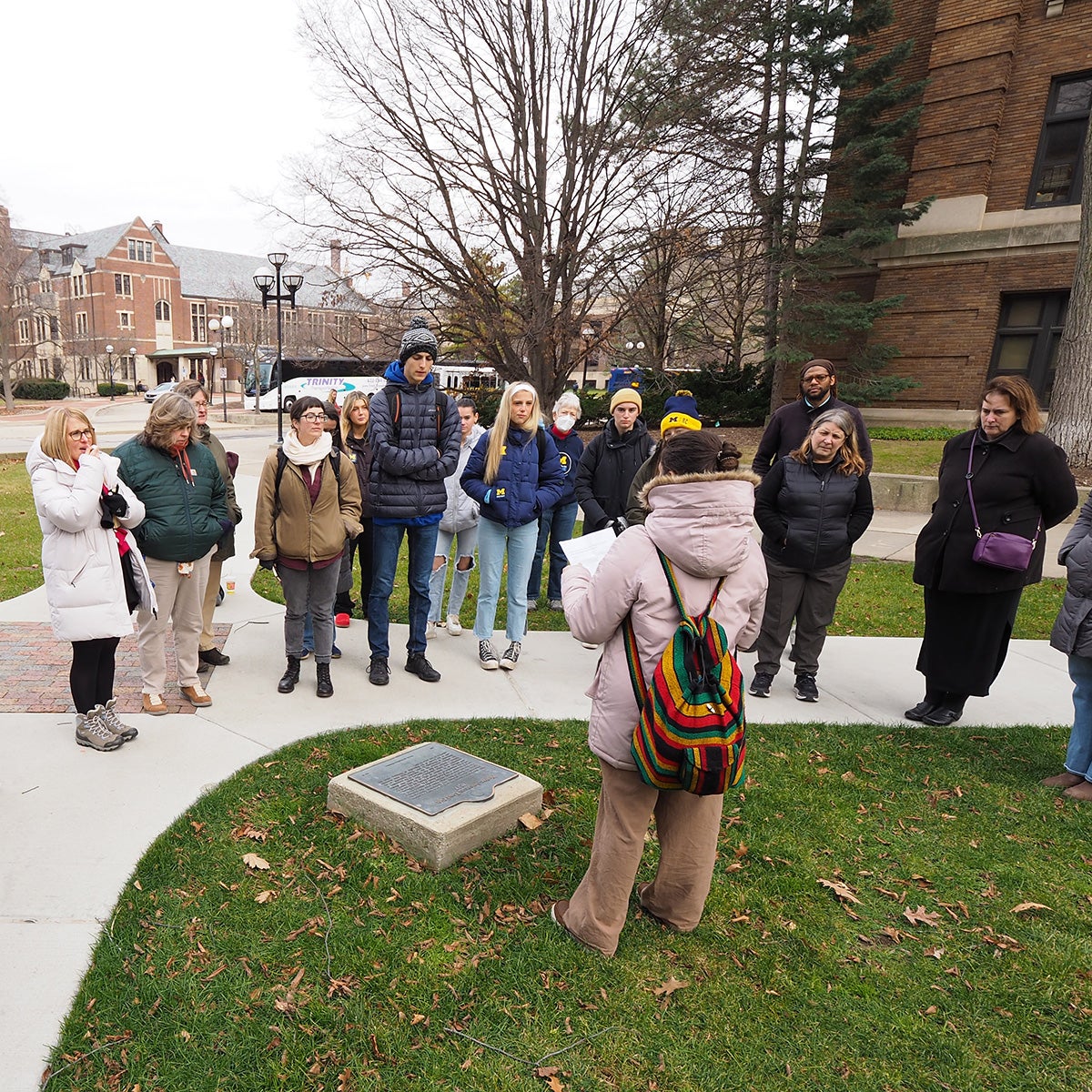
Paths of Protest: Histories of Student Activism on Campus
History 294 students developed this historical walking tour to center students and community members as the agents of change on campus.
-
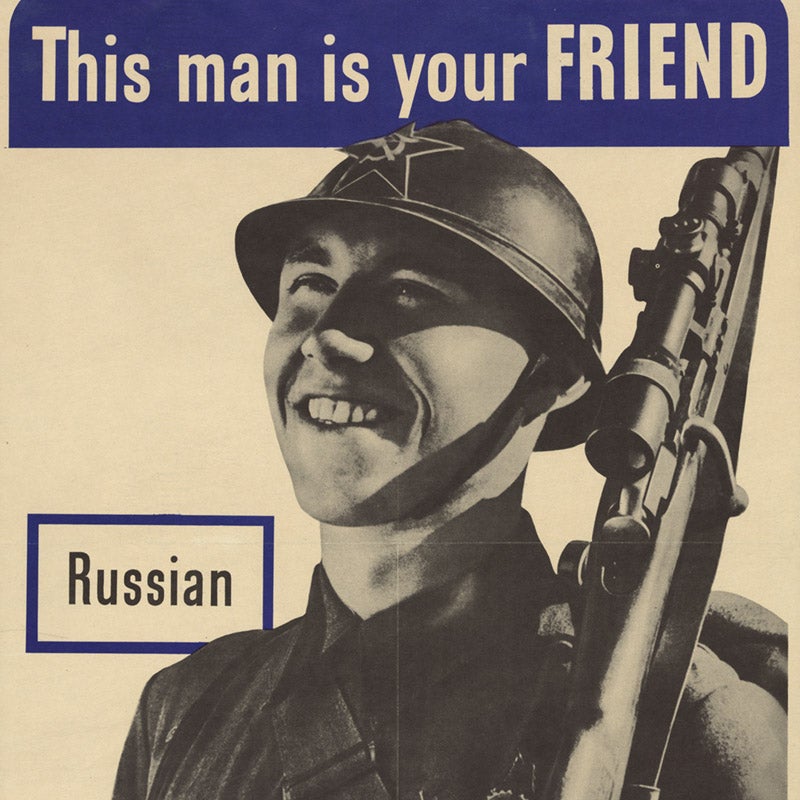
Frenemies: The Russian-American Encounter, 1850s to Present
Students in History 195 examined depictions of Russia or Russians in American popular culture
-
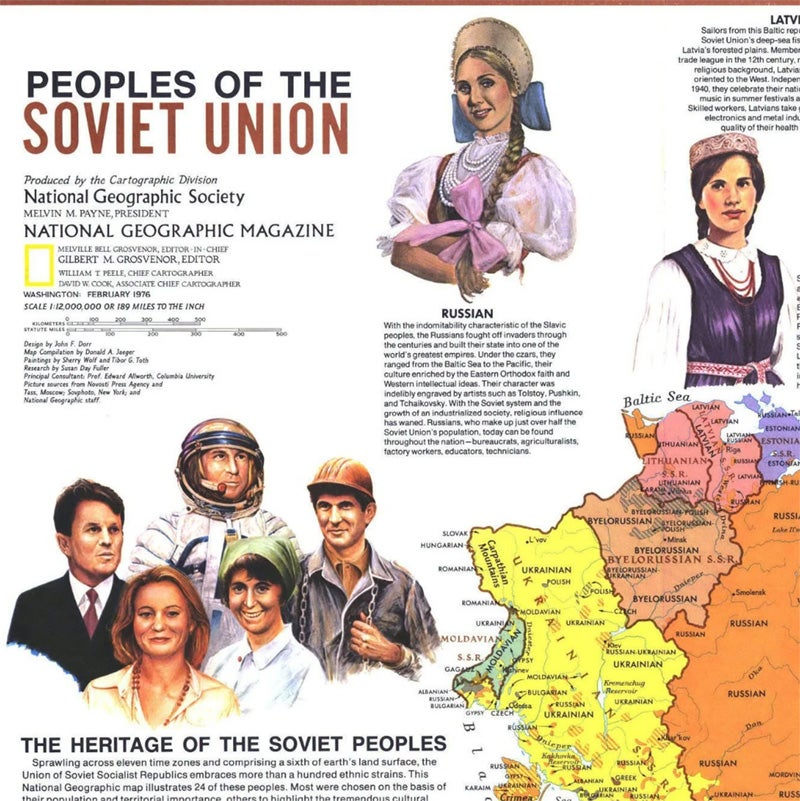
Russia and Its Easts
Students in History 230 worked as a team to analyze and present a historical topic for a wider public audience using ArcGIS StoryMaps.
-

Contemporary Central Asia
Students in History 481 worked in teams to analyze and present a historical topic for a wider public audience using ArcGIS StoryMaps.
-

Understanding Afghanistan
Students in History 329 worked in teams to analyze and present a historical topic for a wider public audience using ArcGIS StoryMaps and Google Sites.
-

History of Disaster
Students in History 215 analyzed and presented a historical topic for a wider public audience using ArcGIS StoryMaps.
-

Detroit River Story Lab
An interdisciplinary, grant-funded initiative that partners with regional organizations to reconnect communities with the river and its stories.
-

Living and Dying in Late-Medieval London
Students learned to transcribe fifteenth-century wills from the London Metropolitan Archive, documenting their results in a StoryMaps exhibit that explores life in late-medieval London.
-

Centering the Northern Realms: Integrating Histories and Archaeologies of the Mongol Empire (1200 to 1500 CE)
An equal collaboration between anthropologists, historians, and linguists and focuses on uncovering the people, practices, and places that existed along the margins of the Northern Realms of the Mongol Empire.
